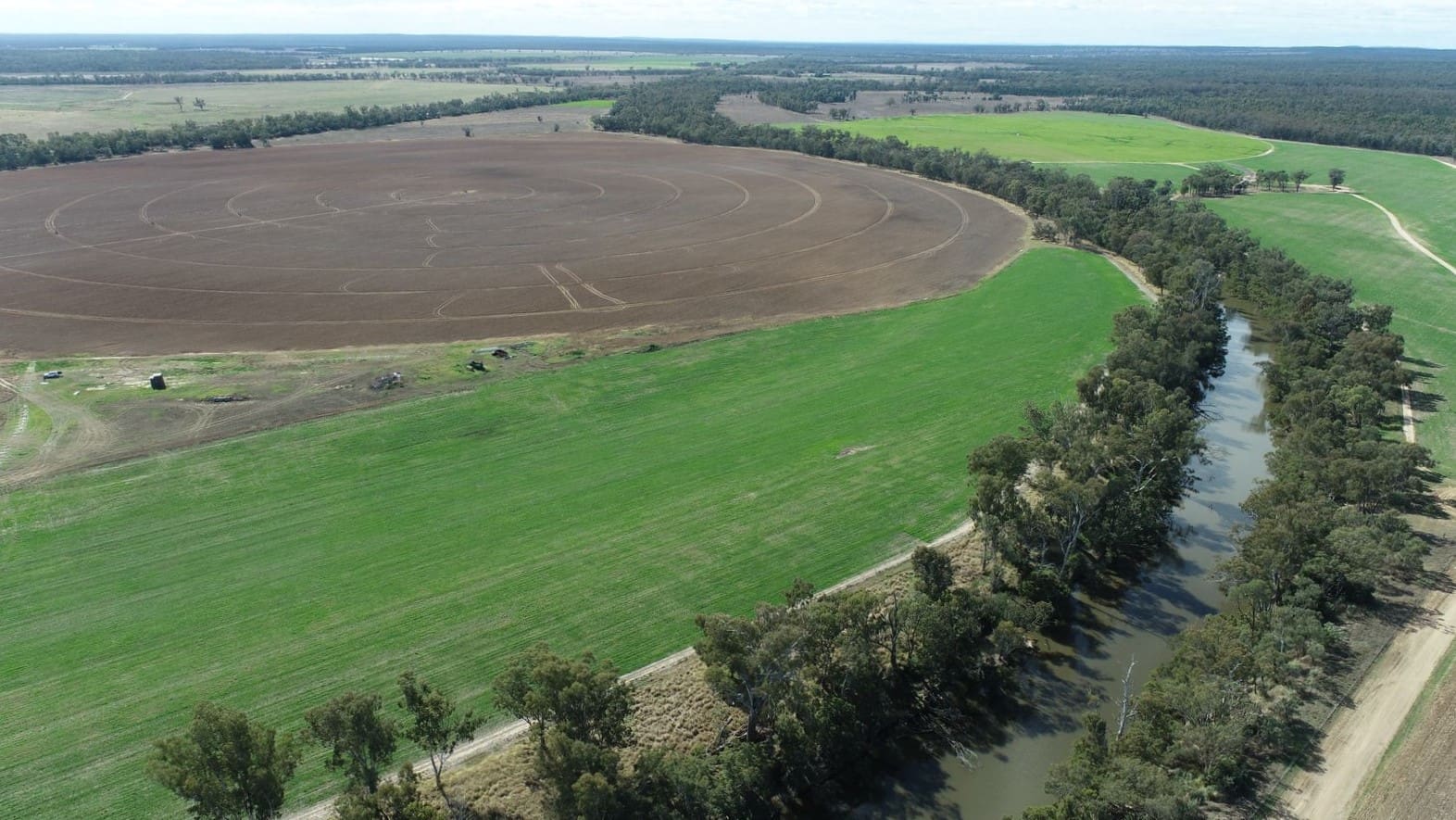
CONSULTATION has opened on how the agriculture and land sectors can play a part in the Albanese Government’s economy-wide Net Zero 2050 Plan.
A discussion paper for the Agriculture and Land Plan, one of six sectoral decarbonisation plans under the Net Zero 2050 Plan, has been released as part of broader public consultation.
Agriculture, as a sector in the National Greenhouse Account, made up 16.8 percent of national greenhouse gas emissions in 2020-21.
The government said this share was expected to increase as other parts of the economy, such as the electricity sector, take up more readily available and lower-cost abatement options.
Minister for Agriculture, Fisheries and Forestry, Murray Watt will lead the plan’s development in collaboration with the Minister for Climate Change and Energy, Chris Bowen, and the Minister for the Environment and Water, Tanya Plibersek.
The government said the discussion paper will be the start of a longer-term, ongoing discussion with the sector on lower-emissions pathways.
Mr Watt said the discussion paper is about understanding and identifying opportunities for the sector in reducing emissions while building agricultural productivity, sustainability and resilience.
“The government is seeking views and feedback from industry, experts and the community on ways that agriculture and land can contribute to the whole-of-economy emissions reduction task,’ Minister Watt said.
“Farmers and landholders are already seeing the impact of climate change on their businesses, and have been leaders in sustainability for a long time. Their expertise in this area will be valuable in putting together the Plan.”
Farmers need to be at the heart of discussions
National Farmers’ Federation chief executive officer Tony Mahar said the plan was a positive step forward. He said farmers need to drive discussions.
“Farmers and the sector need to be at the heart of this discussion so we can continue on a sensible and collaborative path with Government,” Mr Mahar said.
“There’s still a lot of work to do to commercialise low emissions technologies for agriculture. This plan is the opportunity to accelerate and resource this. If we get this right, it’s a real chance to create wins on climate action and on farm productivity and sustainability so long as farmers are kept in the conversation.
Mr Mahar said any net zero plan needs to recognise the main role of farming.
“Beyond this engagement, it’s important any strategy developed is responsible and inclusive, recognising farmers’ obligation to provide food and fibre along with to climate outcomes,” he said.
“This means other sectoral plans must consider the impact of offsets on food and fibre production, productive farmland can’t be the low hanging fruit to counter emissions from other industries.”
Agriculture critical to net zero goals
Minister Bowen said Australian farmers are on the front line of climate change and working with the agriculture sector will help us reach Australia’s net zero goals and protect this critical industry.
“We know farmers and landholders are best placed to share their knowledge, innovation, ideas and experience to get the best outcomes,” Minister Bowen said.
“The Albanese Government wants to work in partnership with industry to get this Agriculture and Land Plan right – supporting them to adopt low-emission technologies that boost productivity and reduce costs, and maximise opportunities to increase carbon storage in the landscape.”
Minister for the Environment and Water Tanya Plibersek said landholders and land managers including those in Indigenous Protected Areas, will play a key role in protecting and repairing nature and helping it be more resilient.
“Farmers are terrific stewards of our natural environment,” Minister Plibersek said.
“When they act to reduce greenhouse gases, they can also have a fantastic impact on improving biodiversity – for example by better protecting remnant bush or improving planting around dams.
“When farmers earn money from carbon farming, they will also be able to earn money through our nature repair market.”
“We are determined to better protect nature and leave it better off for our kids and grandkids, and we know farmers play an important role in that.”
- Public submissions close on 13 December 2023 and will be made available via DAFF’s Have your Say website. For more information on this process, visit: www.dcceew.gov.au/climate-
change/emissions-reduction/ net-zero
Source: Federal Govt

HAVE YOUR SAY